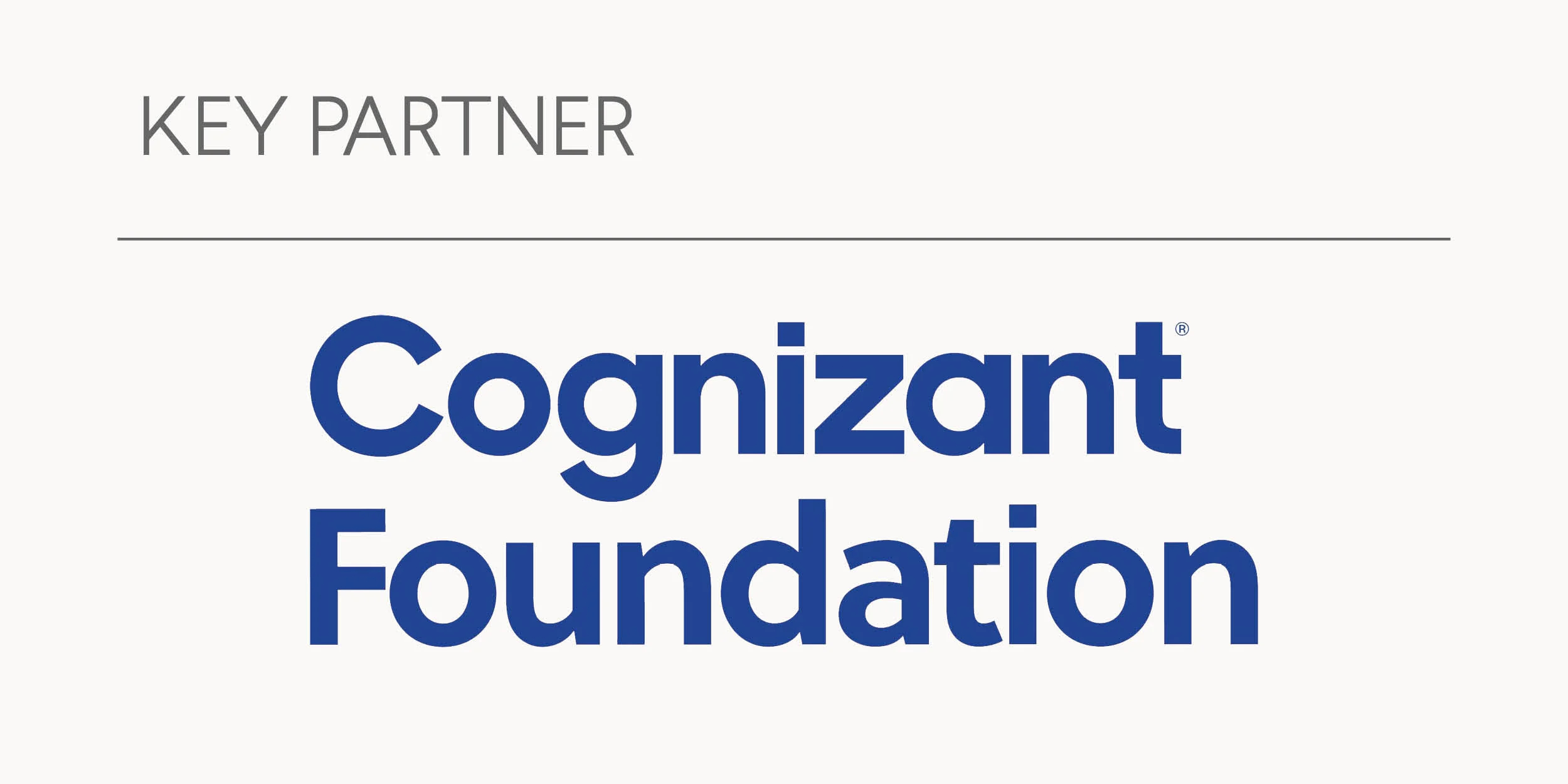
October 5, 2023
At A Glance
A post-2020 investment surge spurs innovative approaches to driving economic advancement for Black Americans.
An Opportunity for Truly Transformative Change
George Floyd. Breonna Taylor. Ahmaud Arbery. Those are just a few of the people whose names the nation has come to know because they were victims of racial violence in 2020. The killings of these and other Black Americans sparked the largest racial justice protests in the United States since the civil rights movement. Meanwhile, the COVID-19 pandemic made it clear that it was time to examine the ways systemic racism fuels economic inequality and poor public health outcomes for Black people in our country.
Corporations, foundations, and philanthropists responded to that call, committing at least $50 billion to address social injustice and racial inequities. At Jobs for the Future (JFF), as part of our mission to drive equitable economic advancement for all, we redoubled our commitment to achieving racial economic equity, with a particular focus on Black learners and workers. We were excited by the opportunities for truly transformative change that this new outpouring of resources could unlock and eager to identify ways in which we and others across the education and workforce fields could support the organizations taking on this vital work.
In this market scan, we sought to identify organizations that might now have the resources to pursue new strategies—or dramatically expand existing ones—to advance racial economic equity. We focused on the two key approaches we recommend in our Purpose-Built Call to Action: Achieving Black Economic Equity: ending occupational segregation and eradicating the racial wealth gap.

Related Content

JFFLabs
Driving innovation through insights, incubation, and investment. New technologies and models are radically transforming our workforce and education systems. These shifts create opportunity but also risk reinforcing systemic inequities. Promising solutions that maximize learner opportunity…